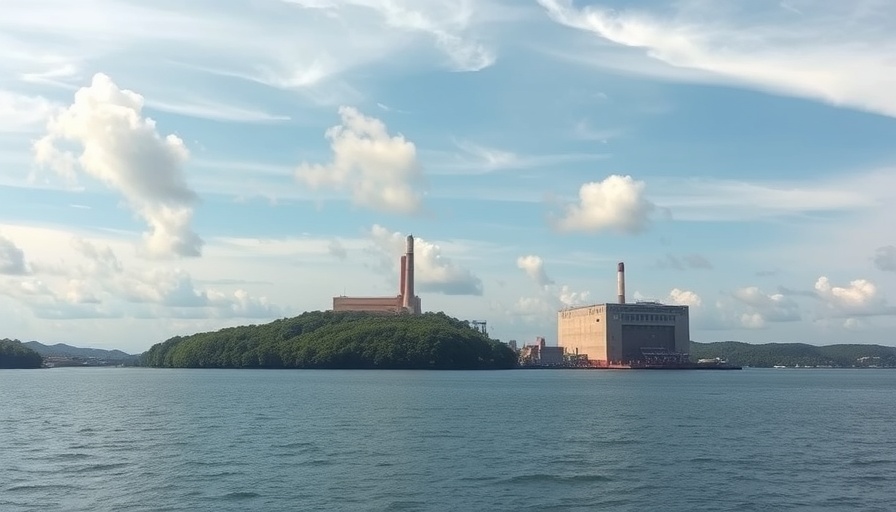
Responding to Community Needs: Gastonia Leaders Make a Shift
In a rapid response to public outcry, Gastonia city leaders have transitioned an outdoor cooling station for the homeless population to an indoor facility. This decision highlights the importance of addressing community health and safety needs, particularly during extreme weather conditions. As temperatures soared into the 90s with a triple-digit heat index, the initial outdoor setup was met with widespread criticism for being inadequate for those vulnerable individuals needing relief from the heat.
Acknowledgment of Past Mistakes
Mayor Richard Franks openly admitted the previous arrangement was “unacceptable” and emphasized the importance of rectifying this mistake quickly. The turnaround demonstrates a commitment to the well-being of the community and reflects the responsiveness that local government can show when faced with the urgent opinions of residents and advocacy groups. “What we had was unacceptable, and it wasn't right. So we fixed the wrong,” stated Franks, underscoring a collective agreement amongst city council members about the immediate need for improvement.
The Importance of Indoor Facilities for Vulnerable Populations
Creating an indoor cooling facility inside the former Salvation Army building addresses urgent needs during extreme weather conditions, particularly for those who may not have adequate shelter. The impact of heat can be severe, especially for the homeless, as rising temperatures can lead to heat-related illnesses. Local healthcare workers and advocates are now faced with a better scenario, ensuring those in need can stay safe and healthy during the most challenging of months.
Balancing Community Concerns and Innovative Solutions
This shift not only meets immediate demands but also serves as a learning opportunity for future local government actions. As the climatic conditions continue to change, there is a growing need for innovative solutions and adequate planning to meet the needs of all community members. Local residents are encouraged to engage in discussions about future initiatives and advocate for continued improvements in public services.
Building a Bridge Between Local Government and the Community
The swift response from Gastonia leaders signals a positive trend in local governance, encouraging the public to voice their concerns and ensuring their needs are met. Advocacy groups are vital in shaping these discussions, emphasizing the role of citizen activism in driving community health initiatives. Engaging in local forums and providing feedback on service delivery can help maintain open lines of communication between residents and city officials.
The Future of Public Health in Gastonia
Looking forward, the city’s approach to managing public health and safety can serve as a model for other regions in North Carolina and beyond. As extreme weather becomes more commonplace, cities must prioritize infrastructural changes and program enhancements to safeguard their most vulnerable. This recent change in Gastonia sets a precedent for proactive policies aimed at health equity.
Take Action for Community Wellness
The community's health conversations must continue, with residents encouraged to participate in local meetings and advocate for progressive public health initiatives. Local healthcare providers, wellness advocates, and the general public are vital to creating a sustained dialogue on how to best serve all community members, particularly in health crises.
 Add Row
Add Row  Add
Add 




Write A Comment